The first version of the internet won’t vanish heroically or even satisfyingly. No grand blackout, no dystopian edicts, no sinister AI overlord turning it off for dramatic effect. Instead, it will gently recede into irrelevance, stubbornly existing like the decrepit mall on the outskirts of town—still technically open, lights flickering, but nobody’s shopping.
Forget censorship or authoritarian theatrics; they’re too messy, too obvious. Why bother deleting information when you can bury it under heaps of AI-generated gibberish, corporate-approved fluff, and algorithmically optimized blandness? Truth won’t disappear, it’ll just get annoyingly difficult to access, trapped behind paywalls, subscription tiers, and endless pages of SEO sludge. Eventually, people tire of inconvenience. Inconvenient things are abandoned.
This won’t happen in a neat moment of collective realization. Nobody will tweet a farewell hashtag. It’s a subtle erosion, beginning with search results turning indistinguishable, interchangeable—summaries upon summaries crafted by machines that care less about accuracy than click-through rates. The genuinely useful stuff—long-form discussions, passionate forums, niche blogs—will fade quietly, unseen, because nobody clicks far enough to notice they’re gone.
Even Wikipedia won’t meet an explosive end; it’ll just be politely ignored, a library meticulously maintained yet visited only by bored academics and nostalgic students forced to cite “real” sources. It won’t become irrelevant because it’s wrong, but because it’s too safe, too liberal, too comfortably institutional—another relic of an era that trusted in consensus. People won’t attack it; they’ll simply forget it ever mattered.
The original internet will morph into a premium club—not due to overt tyranny but through relentless monetization. Want actual journalism? Subscribe. Peer-reviewed research? Here’s a paywall. Archived content? Log in or vanish. Sure, it’ll technically remain free—in the same hollow sense that watching television with endless commercials remains free: doable, but unbearable.
AI—having feasted for decades on the collective wisdom of humanity’s digital past—will slide effortlessly into the role of omnipresent oracle. Search engines become quaint relics; who Googles when you can simply ask your AI companion, who already knows your preferences, your biases, your bedtime? Social networks slowly morph into AI-powered mirrors, where conversation is algorithmically curated and your debate partner is just a chatbot with a flair for sarcasm. The Dead Internet Theory is not a warning, but a prophecy—and yet, from that flicker of nostalgia for the internet of yore, something new will begin to stir.
Most won’t even bother to resist. They’ll shrug, click away from paywalls, and move toward something faster, freer, messier—the Second Internet. Initially, it’ll feel chaotic: wild, unverified, half-truths mixed with outright fabrications. But crucially, it’ll be frictionless, undemanding, no sign-ins, no credentials, just raw, unfiltered convenience.
This migration won’t stem from passionate conviction. People won’t rally around a manifesto or organize boycotts. They’ll simply stop using the First Internet because it’s tiresome, tedious, and expensive. And into that vacuum will step the opportunists—the schemers, the grifters, the ideologues—eager to build a Second Internet in their own image: unfiltered, unregulated, and brimming with new truths, tailor-made for whoever shouts the loudest.
And gradually, truth itself will mutate—not because it’s suppressed, but because people stop demanding proof. The objective truths buried in the First Internet will be dismissed as fool’s gold—institutional, manipulated, outdated. The real truth, people will claim, lies in the chaos of the Second Internet: raw, unfiltered, and unburdened by credentials. Like conspiracy theorists who think they’ve cracked the code, but now scaled up to a cultural movement, reality will become a choose-your-own-adventure story—louder, faster, and far more seductive than anything verifiable.
The old internet won’t collapse dramatically. It’ll quietly drift into a kind of informational hospice, neatly preserved yet thoroughly abandoned. And when the Second Internet proves easier—and it will—it’ll be the only internet left, chosen not because it’s correct, but because it’s effortless. Ease always wins, even over truth.
And one day, a generation will rise that doesn’t even know there was a First Internet. Academics will be dismissed, paper books seen as endurance tests, and libraries reduced to set design. They’ll scroll through the noise without nostalgia, accept the new truths without question, and speak in the language of algorithms without irony. And with that, history will have been officially, seamlessly, and irreversibly rewritten.
